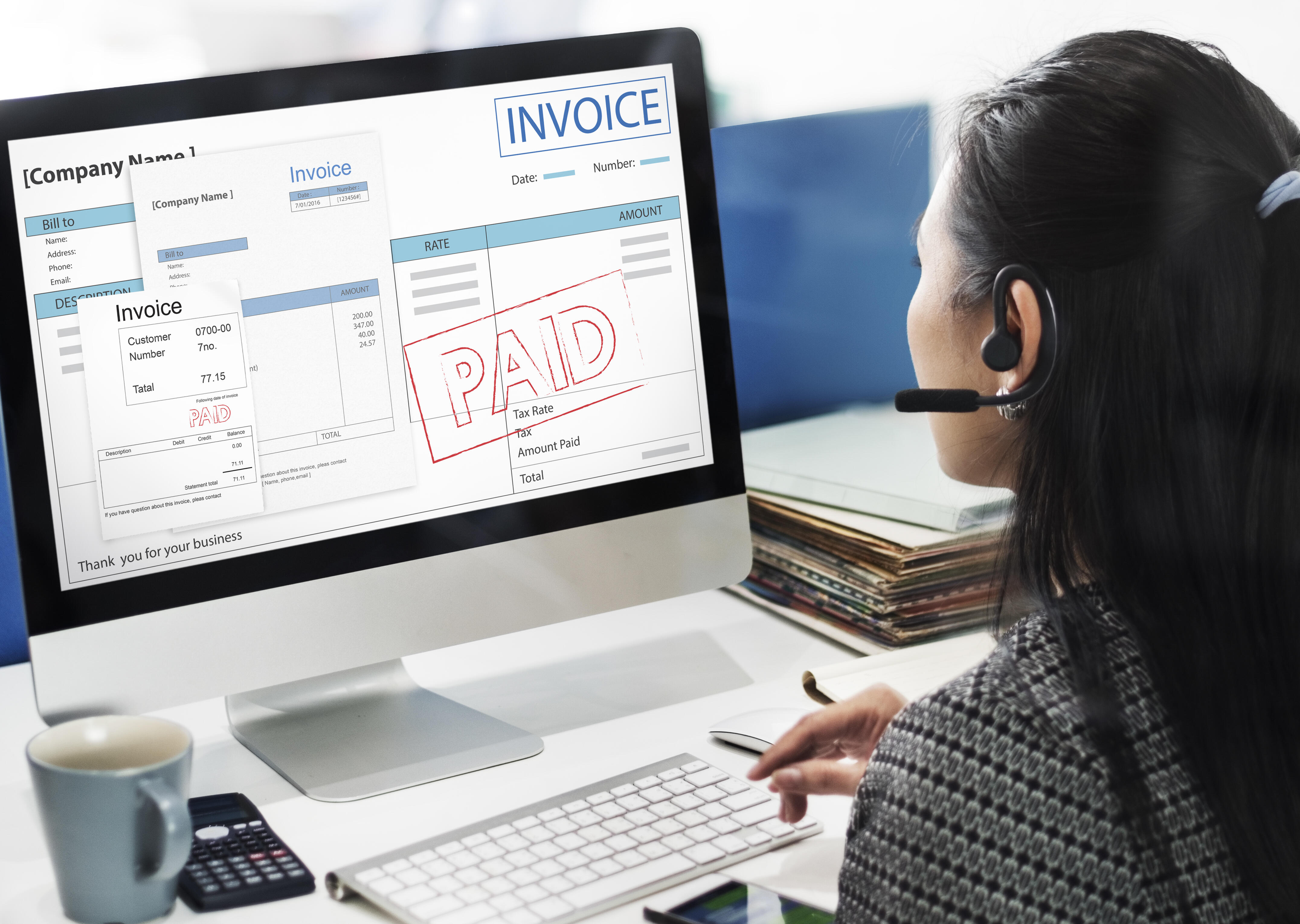UAE Tax Invoice Format: Everything You Need to Know in 2025
In 2025, as the country tightens its tax regulations and aligns with global standards, ensuring your invoice meets the official UAE Tax Invoice Format has become more than a formality—it’s a compliance essential. Whether you’re a small business, freelancer, or multinational company, a correctly structured tax invoice protects you during audits, builds client trust, and ensures your financial records remain valid in the eyes of the Federal Tax Authority (FTA).
It also helps you avoid fines, makes your business look more professional, and keeps your payments and taxes organised. As more businesses move to digital systems, having proper invoices is now more important than ever.
In this guide, you’ll learn what is tax invoice?, what has changed in the new tax laws in Dubai, and how to issue invoices that fully comply with the latest FTA requirements.
What Is a Tax Invoice?
A tax invoice is an official document that VAT-registered businesses in the UAE are required to issue when selling taxable goods or services. It plays an essential role in maintaining transparency, enables the buyer to claim input VAT, and confirms the seller is meeting VAT compliance requirements.
It’s more than just a receipt—it’s proof that your transaction is legally documented and properly taxed under FTA standards. Inaccurate or missing invoices can result in fines or rejected VAT claims.
Understanding the UAE Tax Invoice Format (2025 Update)
The official UAE tax invoice format includes specific components for both simplified and complete invoices, depending on the transaction value.
For amounts above AED 10,000, a full tax invoice is required. For smaller transactions, a simplified version may be used, but both must display the words "Tax Invoice" and include VAT-related information.
UAE Tax Invoice Format
Here’s what a proper invoice format looks like:
- Company Name: [Your Company Name]
- Tax Registration Number (TRN): [Your TRN]
- Address: [Your Company Address]
- Invoice Number: [Unique Invoice Number]
- Invoice Date: [Date of Invoice]
- Customer Name: [Customer Name]
- Customer TRN: [Customer’s TRN, if applicable]
- Customer Address: [Customer Address]
Invoice Details:
- Total Excluding VAT: AED [Total Excl. VAT]
- VAT (5%): AED [VAT Amount]
- Total Including VAT: AED [Total Amount]
- Payment Terms: [Payment terms here]
- Bank Details: [Bank Name, IBAN, SWIFT Code]
- Terms & Conditions: [Any relevant info]
To explore the complete list of invoicing requirements, visit the official Federal Tax Authority website.
What’s New in Tax Rules for Dubai in 2025?
As part of the evolving new tax Dubai regulations, the UAE introduced a 9% federal corporate tax in 2024 for business profits exceeding AED 375,000. In 2025, the tax system expanded further with the introduction of a 15% Domestic Minimum Top-Up Tax (DMTT). This tax targets large multinational enterprises (MNEs) and aligns with the OECD's Pillar Two framework for global tax transparency.
While the DMTT may not directly impact small and medium-sized businesses, these changes reinforce the need for strict compliance, including how businesses issue and manage tax invoices.
You can also explore our tax planning and structuring services to minimize liabilities and ensure your company’s strategy aligns with evolving UAE tax law.
Legal Risks of Non-Compliant Invoices

Using the wrong invoice format or missing required details can lead to:
-
VAT refund delays or denials
-
FTA penalties and fines
-
Increased risk of audit
-
Legal and reputational consequences
In short, compliance starts with every tax invoice you issue.
📌 Visit the FTA website for official rules and updates
How RAS Corporate Advisors Can Help You Stay Compliant
We support businesses across the UAE in maintaining full compliance with FTA regulations, including accurate invoicing, VAT registration, and tax filing. Our process begins with a detailed business assessment to determine whether VAT registration is required and to clarify what qualifies as a proper tax invoice. We then handle all document preparation and submit your application through the Emaratax portal. If the FTA raises any queries, we manage the communication to avoid delays. After registration, we provide your official TRN certificate and offer guidance on issuing compliant tax invoices.
If you're planning to close or restructure your business, our company liquidation services ensure the entire process is handled smoothly and in full compliance with UAE laws.
Final Thoughts
Getting your UAE tax invoice format right isn't just about meeting legal obligations. It's about creating a system that supports cash flow, builds client trust, and protects your business from penalties under the new tax Dubai rules.
Whether you're just starting, scaling your operations, or preparing for an exit,
Let RAS Corporate Advisors handle the paperwork, portals, and compliance—so you can focus on running your business with confidence.
Contact us today for expert support with VAT, invoicing, and tax compliance.
FAQs – UAE Tax Invoice Format
What is a tax invoice, and who is required to issue one in the UAE?
A tax invoice is a legal document required for all taxable supplies made by VAT-registered businesses in the UAE.
What are the key elements in a valid UAE Tax Invoice Format?
Your invoice must include: the title “Tax Invoice,” supplier and customer TRNs, issue date, invoice number, VAT breakdown, and total amount due.
What happens if I issue an invoice without VAT details?
The buyer may reject it, be disallowed during VAT returns, or face penalties from the FTA.
What’s new in the UAE tax system in 2025?
The UAE introduced a 15% DMTT targeting MNEs in 2025, in addition to the 9% corporate tax introduced in 2024, as part of the broader new tax landscape in Dubai.
How can RAS Corporate Advisors help with tax invoices?
We assist with VAT registration, invoice compliance, FTA communication, and full advisory support.


